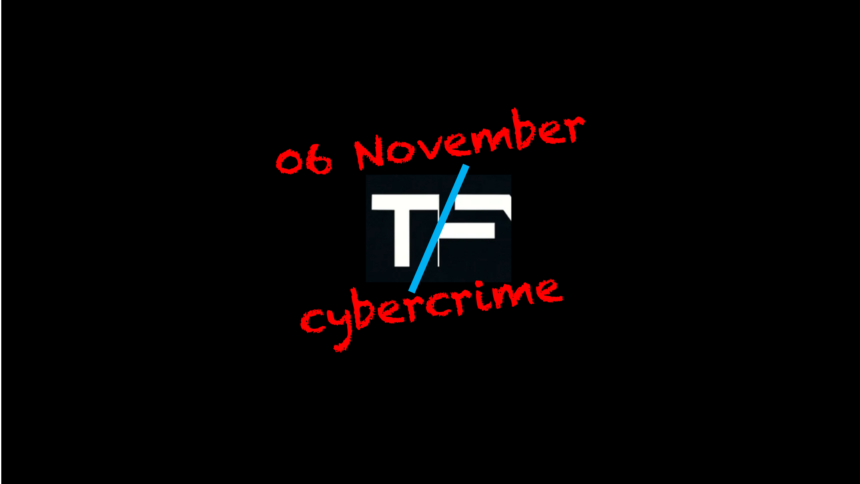Cybercrime never sleeps. The tactics hackers use today keep companies and law enforcement agencies on their toes. In this today’s roundup, we dive into a series of intriguing and sometimes bizarre cybercrime incidents, from fake legal requests to ransomware demands in baguettes. With tech vulnerabilities exploited and ransomware demands getting creative, here’s what’s happening in cyber threats.
What’s Happening & Why This Matters
Hackers Exploit Fake Legal Requests
The FBI alerts companies to a disturbing trend: hackers are crafting fake legal requests to extract sensitive user data from companies under the guise of law enforcement. By exploiting “emergency data requests,” which are designed for urgent situations without a court order, hackers sidestep typical legal hurdles to access user information.

The notorious LAPSUS$ group has previously exploited this method, duping companies like Apple and Meta into handing over addresses, phone numbers, and IP details. Although some LAPSUS$ members are behind bars, imitators continue this trend. The FBI recommends vigilance, urging firms to check legal document authenticity, particularly signatures, logos, and referenced legal codes, as cybercriminals often overlook these details when fabricating requests.
Ransomware Demands Payment in Baguettes
In a quirky twist, the ransomware group Hellcat targeted Schneider Electric, a French corporation, demanding $125,000—in baguettes. Hellcat claims to have accessed sensitive data, including proprietary projects and over 400,000 rows of user information, by compromising Schneider’s Atlassian Jira server.

Schneider confirms it’s investigating the breach, though it reassures customers that its services remain unaffected. Hellcat, initially known as the “International Contract Agency,” has recently rebranded, possibly to distance itself from unwanted associations. This ransom demand raises questions about whether Hellcat’s motives lean more toward mischief than profit.
Hacker Linked to Snowflake Data Breach Arrested

Canadian authorities arrested hacker Alexander “Connor” Moucka, linked to breaches affecting over 100 companies via cloud provider Snowflake. The breaches, enabled by compromised login credentials without multi-factor authentication, impacted clients like AT&T and Neiman Marcus.
Moucka, operating under the alias “Judische,” allegedly extorted companies by threatening to sell stolen data unless paid. While he raked in $2 million, slip-ups in ransom videos provided investigators crucial leads. Google’s Mandiant cybersecurity team monitored his activity, amassing around 300 clues on his network involvement, working closely with U.S. and international law enforcement to secure his arrest.
TF Summary: What’s Next
As hackers become more audacious and creative in their approaches, cybersecurity defenses face unceasing demands to outpace these threats. Companies and agencies worldwide prioritize strong authentication protocols, scrutinize legal requests more thoroughly, and double down on ransomware defenses. Today’s roundup underscores the need for continued vigilance and collaboration across cybersecurity that combats criminals’ tactics.
— Text-to-Speech (TTS) provided by gspeech


